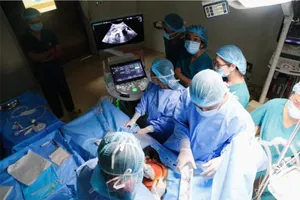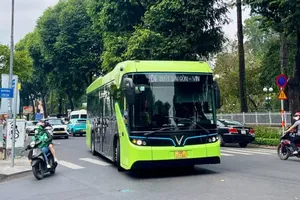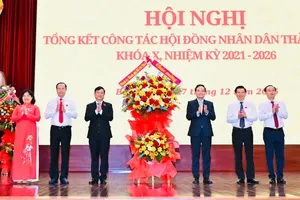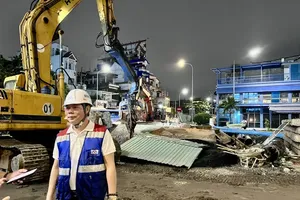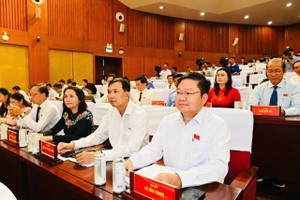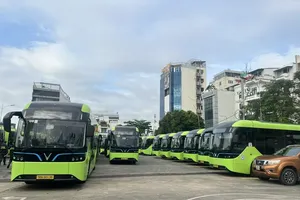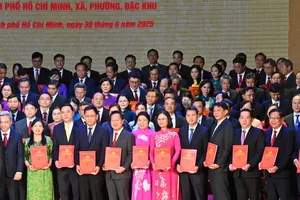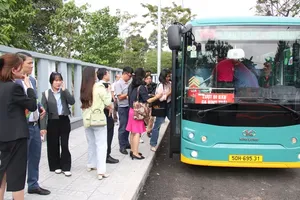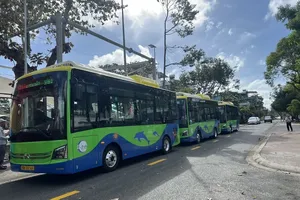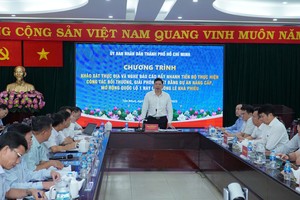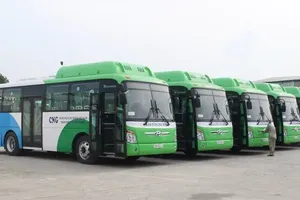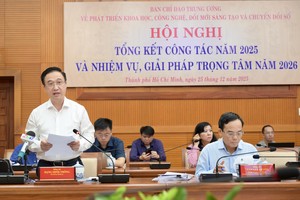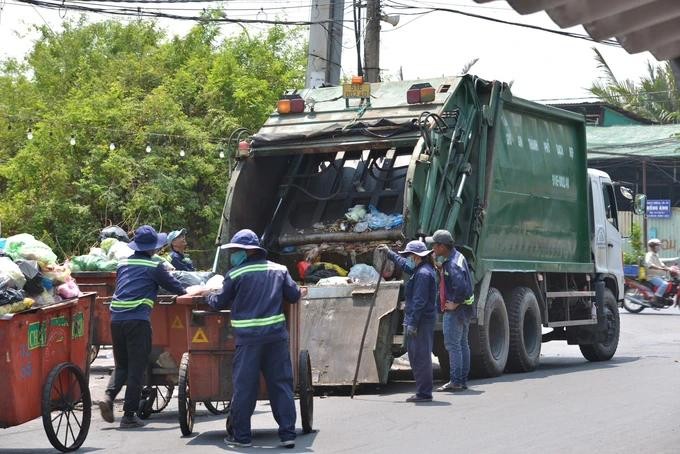
According to Nguyen Thi Thanh My, Deputy Director of the Department of Natural Resources and Environment, Ho Chi Minh City is actively developing and finalizing the waste classification at source project in compliance with the provisions of the 2020 Environmental Protection Law. The project is expected to be implemented within the legally stipulated timeframe, with a deadline of December 31, 2024.
The city is, therefore, gradually completing its technical infrastructure in order to enable waste to be properly classified at source. Waste collection is currently carried out through two primary channels including the public system and the private sector. The public system handles approximately 40 percent of the daily solid waste volume while the private sector, comprising companies, cooperatives, and individuals, which accounts for about 60 percent of the daily solid waste volume.
Additionally, local authorities have restructured the waste collection workforce and improved the processes for collecting and transporting domestic solid waste. By the end of July 2024, the People's Committee of Thu Duc City and districts will have completed converting private waste collectors into cooperatives or legally recognized companies and enterprises.
Since 2021, the People's Committee of Thu Duc City and districts have reviewed and converted 1,897 waste collection and transportation vehicles. Currently, there remains a need to convert 1,883 vehicles, including 1,144 660-liter containers and 739 garbage trucks.
In terms of the transportation and transfer of domestic solid waste, presently, the network for collection and transportation from collecting venues to transfer stations and transportation to treatment complexes is jointly implemented by three units including Ho Chi Minh City Urban Environment Company with 53 percent, district public service companies with 30 percent, and agricultural and industrial cooperatives with 17 percent.
Following the directive of the Ho Chi Minh City People's Committee, transport companies have equipped vehicles transporting domestic solid waste with journey monitoring devices and installed cameras at transfer stations to oversee operations.
The city is also prioritizing investments in the construction and improvement of waste transfer stations. As part of this effort, the city has outlined a plan for the transfer station network through 2025, with a long-term vision to 2050. The People's Committee of Thu Duc City and districts citywide have been tasked with decommissioning stations that cause environmental pollution, as well as renovating, upgrading, and building new stations that meet technical standards. By 2025, the city aims to have 40 operational stations, including 13 regional stations and 27 district-serving stations.
The People's Committee of Thu Duc City, along with districts 4, 8, 12, Binh Tan, and Binh Thanh, as well as Binh Chanh, Cu Chi, Hoc Mon, and Nha Be districts, is currently investing in 16 waste transfer stations. Of these, three stations have been completed and are now operational—two in District 12 and one in Thu Duc City.
In order to meet the target that by 2025, at least 80 percent of domestic solid waste treated by incineration and recycling technology reaches the rate of over 100 percent by 2030, the People's Committee of Ho Chi Minh City continues to assign the Department of Natural Resources and Environment to proactively coordinate with relevant departments and agencies in developing groups of solutions.
In which, the group of solutions to upgrade the treatment technology of existing domestic solid waste treatment units comprising Vietstar Joint Stock Company, Tam Sinh Nghia Development Investment Joint Stock Company, Vietnam Waste Treatment Company, Tasco Joint Stock Company, and Ho Chi Minh City Urban Environment Company and the group of solutions to invite investors to pour money into new domestic solid waste treatment projects through a public-private partnership (PPP) arrangement.
